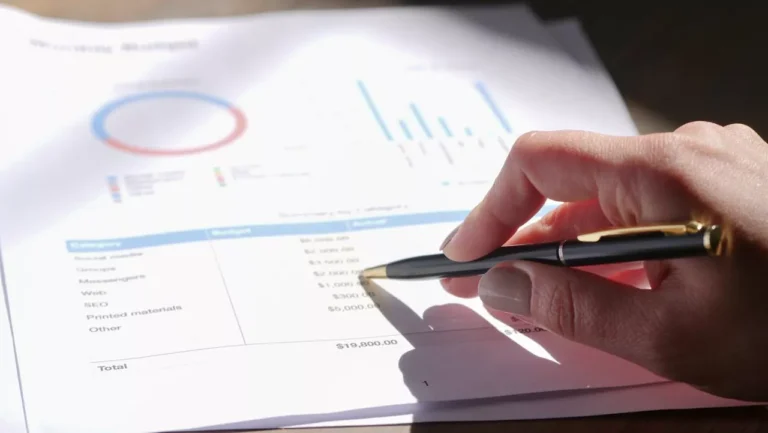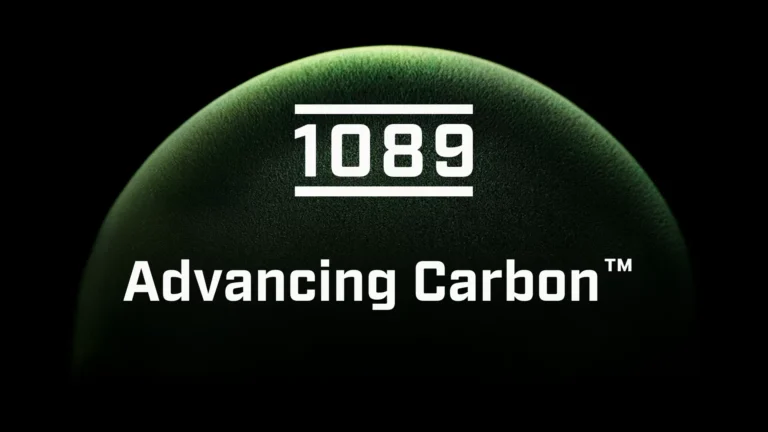
Ebb Partners with Saudi Water Authority to Transform Desalination Brine into Megaton-scale CO₂ Removal
Ebb, a leading innovator in water technology, has announced a strategic partnership with the Saudi Water Authority (SWA), the government agency overseeing the Kingdom’s water sector, to deploy groundbreaking solutions that decarbonize desalination at an unprecedented scale. This collaboration seeks to address one of the most pressing challenges facing Saudi Arabia and other arid regions: meeting growing freshwater demand while mitigating climate change. With Saudi Arabia accounting for approximately 22% of the world’s desalination capacity, the partnership aims to achieve megaton-scale carbon dioxide (CO₂) removal within the next decade, while simultaneously improving freshwater recovery and boosting operational efficiency across desalination plants.
The collaboration leverages Ebb’s innovative electrochemical technology, which converts desalination brine—a byproduct of traditional desalination processes—into valuable resources that support environmental sustainability, industrial productivity, and water security. By integrating Ebb’s modular system into SWA’s desalination infrastructure, the initiative aims to turn brine from a discarded waste into a high-value input, enabling both economic and ecological benefits.
The first deployment will take place at SWA’s cutting-edge research and development facility in Jubail, one of the world’s foremost centers for next-generation desalination innovation. This pilot project will serve as a proving ground for scaling the technology across SWA’s extensive national desalination network, aligning with Saudi Arabia’s Vision 2030 priorities of environmental sustainability, economic diversification, and technological innovation. The initiative also represents a key milestone in demonstrating how desalination and carbon removal can be mutually reinforcing solutions rather than competing objectives.
Ebb enters the partnership with a strong foundation of prior validation from multiple U.S.-based pilots, including multi-year demonstrations at the Pacific Northwest National Laboratory (PNNL) and Project Macoma in Washington state. These studies confirmed the scalability, reliability, and efficiency of Ebb’s electrochemical system, positioning it as one of the most promising solutions for decarbonizing water treatment operations.
In regions like Saudi Arabia, desalination is critical for ensuring a stable freshwater supply, especially as demand continues to grow alongside economic expansion and population increase. Traditionally, desalination plants produce large volumes of highly saline brine, which has limited use and is often disposed of in the ocean, contributing to environmental challenges such as increased salinity and local ecosystem disruption. Ebb’s approach converts this brine into products that have both environmental and industrial value, making desalination not just a water supply solution but a driver of sustainable industrial processes.
The Ebb electrochemical system processes desalination brine into three key outputs: caustic soda, hydrochloric acid, and a low-salinity brine that can be recycled back into the desalination process for additional freshwater extraction. The produced caustic soda and hydrochloric acid can be reused within the desalination plant or supplied to nearby industries, including aluminum refining, chemical production, and other high-demand industrial sectors. The caustic soda also serves a critical environmental role: it can enhance seawater alkalinity, accelerating natural processes that permanently remove CO₂ from the atmosphere.
When implemented at scale in SWA’s facilities, Ebb’s technology has the potential to enable up to 85 megatonnes of CO₂ removal annually. Beyond its climate mitigation impact, the system also contributes to ocean health by reducing acidity in marine environments affected by carbon pollution. Studies conducted in U.S. pilot deployments have demonstrated measurable improvements in local water chemistry, showing that the technology can provide dual benefits for both climate mitigation and ecosystem restoration.
Ben Tarbell, Ebb’s CEO and Co-founder, emphasized the transformative potential of the partnership: “This collaboration represents a pivotal moment for both desalination and carbon removal. By integrating Ebb’s technology into SWA’s infrastructure, we are demonstrating that solutions to water scarcity and climate change can be mutually reinforcing. SWA’s forward-looking approach shows how the desalination sector can unlock immense value while addressing some of the world’s most complex challenges profitably.”
From SWA’s perspective, the partnership is not only a technological advance but also a strategic economic initiative. Tariq Alghaffari, SWA Vice President for Research & Promising Technologies, highlighted the broader implications: “This groundbreaking partnership illustrates how Saudi Arabia is leveraging its leadership in desalination to create entirely new industries. By deploying this technology locally, we are generating domestic manufacturing and employment opportunities, reducing reliance on imported chemicals, and positioning the Kingdom as a regional and global leader in climate solutions. Our efforts establish a model for the GCC and water-scarce nations worldwide, demonstrating that carbon removal and industrial innovation can go hand in hand.”
The collaboration between Ebb and SWA represents a blueprint for sustainable growth in arid regions, where the twin pressures of water scarcity and climate change demand innovative solutions. By turning a traditional waste stream into a resource for CO₂ removal and industrial use, the initiative aligns with Saudi Arabia’s Vision 2030 objectives, supporting environmental stewardship while driving economic diversification. It also underscores a growing global trend: the integration of carbon removal technologies into essential infrastructure, enabling decarbonization without compromising the efficiency or affordability of critical services such as water supply.
Source Link: https://www.businesswire.com/







